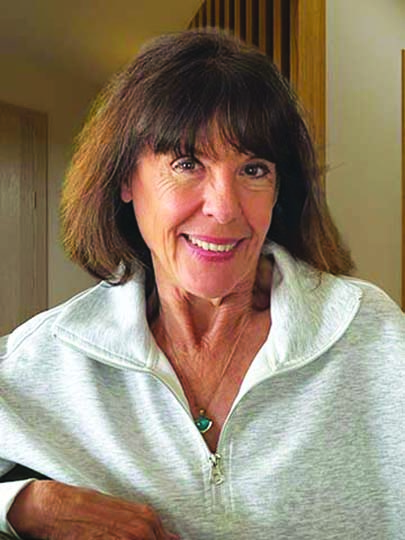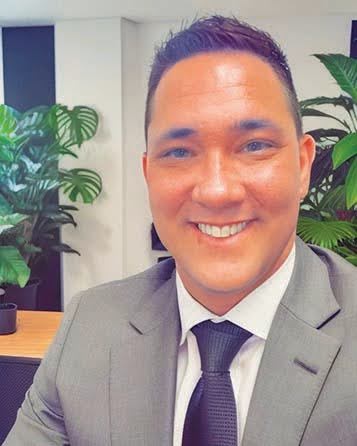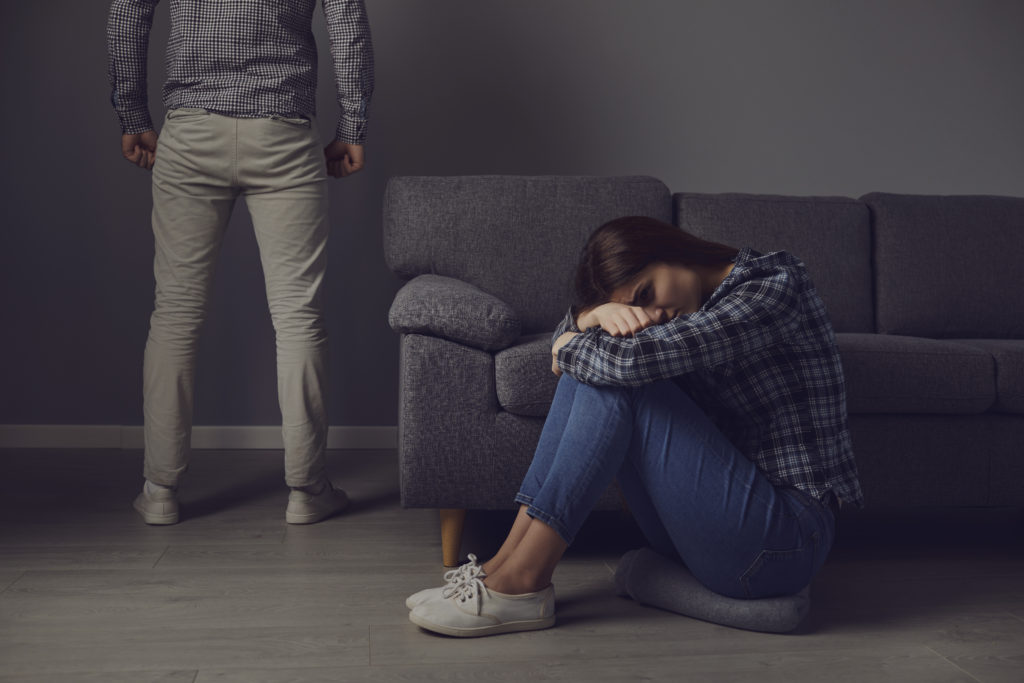Don’t be afraid to let them know you are concerned for their safety
Tell them you see what is going on and you want to help.
Help them recognize what is happening is not normal and they deserve a life free from violence.
Acknowledge they are in a very difficult and scary situation.
Let them know the abuse and/or assault is not their fault. Reassure them that they are not alone and there is help and support available.
Be supportive
Listen to them. Remember it may be difficult for them to talk about the violence. Let them know you are available to help whenever they may need it. What they need most is someone who will believe and listen to them.
Be nonjudgmental
Encourage them to talk to people who can provide help and guidance.
Find a local sexual assault or domestic violence program that they can connect with. If they have to go to the police, court, or a lawyer, offer to go with them for moral support.
Discuss safety concerns with them
Remember that a survivor knows their situation best. It’s important to talk with them about how to access resources for identifying safety plans. You may have ideas about what they should do but it’s important that you allow them to make their own choices.
Important Phone Numbers
Arizona Coalition to End Sexual and Domestic Violence Helpline:
(602) 279-2900 1 (800) 782-6400
www.acesdv.org/helpline
National Domestic Violence Hotline:
1 (800) 799-SAFE (7233)
Rape, Abuse & Incest National Network (RAINN) Hotline:
1 (800) 656-HOPE (4673)



































